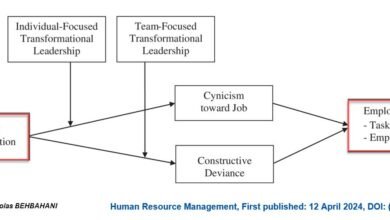
By | David Klaasen | Helping You Create Clarity, Inspire Your People & Drive Performance | Retain your best people | Changing Management Mindsets and Behaviour | Practical Behaviour Analytics
It can be frustrating when people don’t do what they are supposed to do and yet many managers unwittingly make things worse by emphasising what they don’t want rather than what they want. The science has proven that this only perpetuates the problems because the brain can’t ‘not think about things’.
If I ask you not to think about work what happens? If I say “Don’t think of white bears” what do you notice about what you are thinking about? In 1989 Daniel Wegner and others published a fascinating paper in the Journal of Personality and Social Psychology called ‘The Paradoxical Effects of Thought Suppression”. They conducted a number of experiments to prove that when we are told to supress a specific thought it actually persists and can dominate our thinking leading to unwanted results.
When managers say things like: “Don’t cut corners” or “Don’t forget to . . .” or “Don’t worry about . . .”, it can have the opposite effect and make people do the very things they don’t want.
Back in the early 1980’s there was a big campaign that told young people “Don’t take drugs”. It failed to have any impact and probably made many teenagers want to experiment more than they normally would have. In the 1990’s they came up with a campaign that said “Just say no”, which got a better response.
Don’t forget to remember
Take a simple example: You see the weather forecast for tomorrow is rain in the afternoon and you make a mental note “Don’t forget the umbrella”. This is actually a negative instruction and because the brain can’t not do something, it needs to put the thought “Forget the umbrella” into place in order to process the ‘Don’t’ part and it then tries to supress it. Thought suppression takes huge effort and with the general overload and busyness of life our brains are constantly striving for efficiency. If there is an instruction in the background to forget something it will go for the easy option and do just that – forget it!






